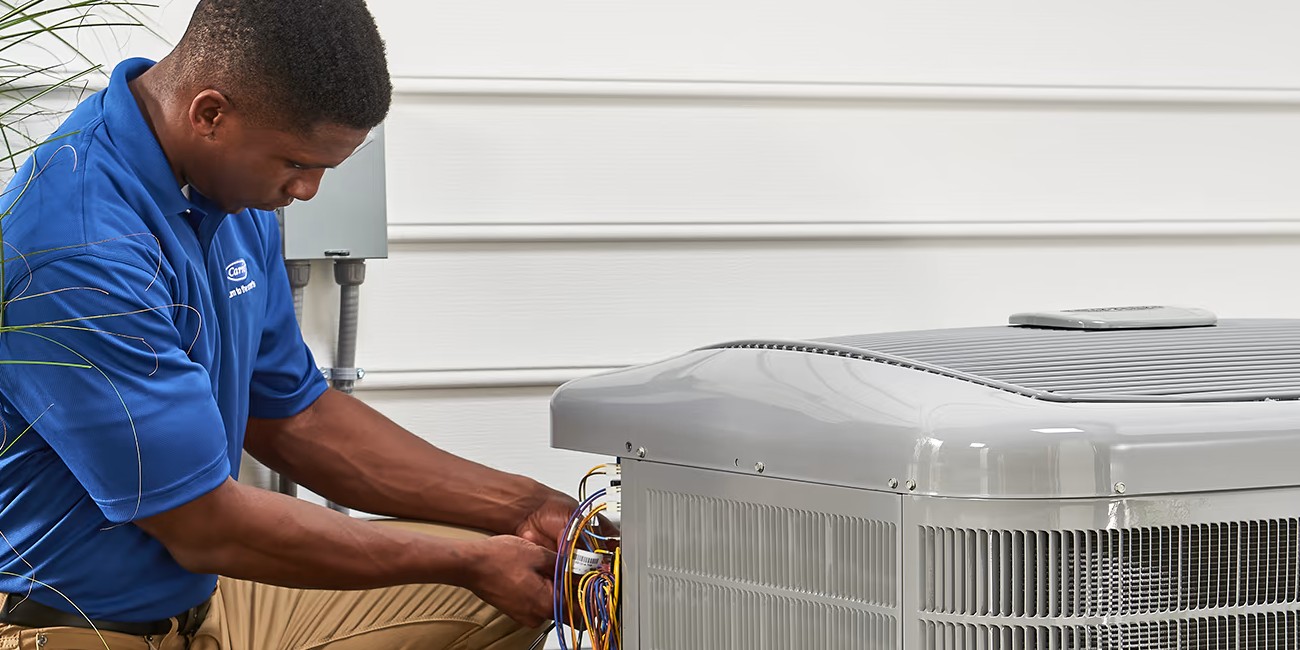
Wondering whether a heat pump would be right for your home? The folks at heat pump installers BOXT answer the most Googled questions.
Electrek heard from Andy Pattison, head of renewables at BOXT, who answered four of the most frequently asked questions about heat pumps on Google:
What is a heat pump? (370,000 searches)
Andy Pattison: “A heat pump is an energy-efficient system that can heat your home by transferring heat from one location to another. Unlike traditional heating systems that generate heat, heat pumps extract heat from the air, ground, or water outside your home and move it indoors to warm your space through a water-based heating system like radiators or underfloor heating. This makes heat pumps a versatile and environmentally friendly option for maintaining a comfortable indoor climate during colder months.”
How does a heat pump work? (386,700 searches)
Andy Pattison: “A heat pump works by transferring heat from one place to another using electricity. In the winter, an air-to-water heat pump extracts heat from the outside air and transfers it indoors to warm your home through your water-based heating system, such as radiators or underfloor heating. This efficient system provides heating without generating heat directly, making it an energy-efficient alternative to traditional systems.
“Air-to-air heat pumps, more commonly known as air conditioning or HVAC systems, can provide both heating and cooling, making it an energy-efficient alternative to keep your home comfortable all year round.”
Are heat pumps efficient? (7,950 searches)
Andy Pattison: “Yes, heat pumps are highly efficient. They can deliver up to three times more energy than they consume by transferring rather than generating heat, making them significantly more efficient than traditional heating systems like boilers or electric heaters.
“However, their efficiency can be influenced by factors such as how well the home is insulated, the size of the radiators, and the overall design of the heating system. These elements affect how hard the heat pump needs to work to reach the desired temperature. Heat pumps can operate effectively throughout the year, offering substantial savings on energy bills and reducing carbon footprints.”
What is the average lifespan of a heat pump? (1,180 searches)
Andy Pattison: “The average lifespan of a heat pump is typically between 15 and 20 years, depending on the type of heat pump and how well it is maintained. Regular servicing and maintenance can help extend the life of the system, ensuring it operates efficiently and effectively over the years. With proper care, some heat pumps can even last beyond the 20-year mark, making them a durable and reliable option for home heating and cooling.”
The Federal Energy Efficient Home Improvement Credit (25C) provides a 30% tax credit (up to $2,000) for heat pumps and heat pump water heaters. Learn more here on Rewiring America’s rebates and credits page.
Read more: Heat pumps are more efficient than oil and gas heating in subzero temps – Oxford study
To limit power outages and make your home more resilient, consider going solar with a battery storage system. In order to find a trusted, reliable solar installer near you that offers competitive pricing, check out EnergySage, a free service that makes it easy for you to go solar. They have hundreds of pre-vetted solar installers competing for your business, ensuring you get high-quality solutions and save 20-30% compared to going it alone. Plus, it’s free to use and you won’t get sales calls until you select an installer and you share your phone number with them.
Your personalized solar quotes are easy to compare online and you’ll get access to unbiased Energy Advisers to help you every step of the way. Get started here. –trusted affiliate link*
FTC: We use income earning auto affiliate links. More.













